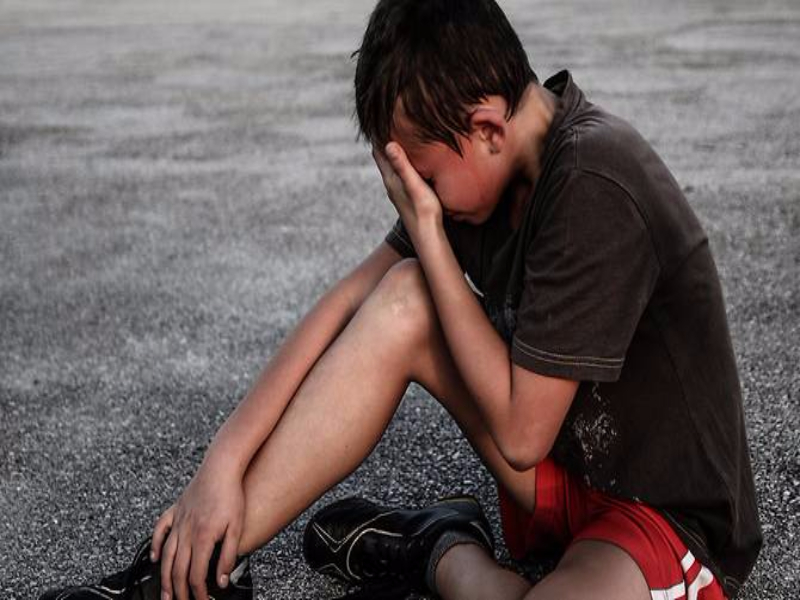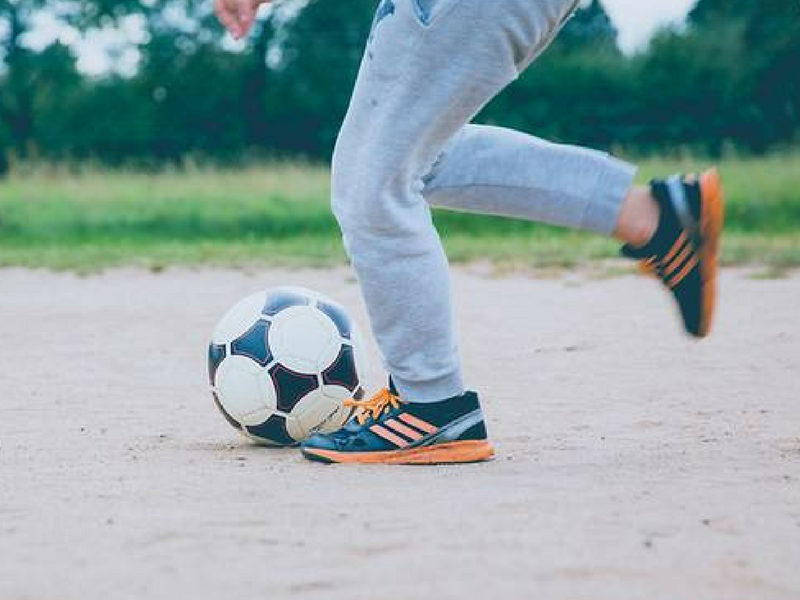Via Channel News Asia: 8 steps to teaching your children to think before they act
Sometimes, kids can say or do things without thinking, which can give rise to embarrassing, and maybe even hurtful statements or actions. Even adults are guilty of acting impulsively every once in a while.
But as we grow older, acting impetuously without any regard for the consequences decreases as we gain social skills and learn how to control our impulses. “Impulse control or self-control is the ability to resist temptation and look for immediate gratification, so as to achieve longer term goals,” explained Dr Lim Boon Leng, a psychiatrist at Dr BL Lim Centre for Psychological Wellness.
Many children lack this control. “Parents can start training their children by acting as a good role model from as early as possible,” Dr Lim said. If they are not taught from young, it can result in a child with poor impulse control.
Here are ways you can get your young one to think before acting:
Teach your child to recognize his feelings
Growing up is a very confusing process, with so many new things to explore and even more emotions to experience. Sometimes, your kid might feel overwhelmed as he may not understand what emotion he is feeling, causing him to act on impulse.
If he is able to understand his emotions, he may better be able to direct them elsewhere, instead of blurting out hurtful words when he is upset or hitting someone when he is angry.
“Understanding one’s feelings is the first step to managing it. It is important to teach them not just to recognise, but also name and verbalise their emotions. This allows them to talk about it rather than explode or have a meltdown,” said Dr Lim.
Teach him problem-solving skills
Your kid will learn to stop and think before acting without thought if he acquires the habit of coming up with various solutions before tackling a problem. You can also teach him other ways to cope with the problem, such as by using humour to see the funny side when a situation is difficult, instead of crying and throwing a tantrum.
Teach anger management skills
Anger is a dangerous emotion as it can make us reckless with our words and actions. Learning how to curb his temper will help junior curb his impulses and benefit him in the long run. No one likes hanging out with a volatile person who flies off the handle at every tiny issue!
Establish Rules
Kids might hate the rules you set, but they are necessary in ensuring that his world is balanced. “Rules allow the child to understand his boundaries, remove uncertainties about punishment and often make them feel safe,” Dr Lim said.
Every time you set a limit, you prevent them from indulging in their impulses and thus allows them to practise self-control. Plus, knowing that there will be consequences if he breaks the rules will make him rethink his actions before he acts on his ideas.
Practice delayed gratification
Delayed gratification is the ability to resist the craving an immediate reward brings ― instead, one should wait for a reward later that is better than the original reward. For example, if your kid wants to get something pricey, open a savings account for him and tell him to save up for the item. Instead of spending his money on smaller items, he will learn to wait and save up, so that he’ll be rewarded with the pricier item in the end.
“Allowing a child to wait before receiving gratification can train them to resist temptation,” said Dr Lim. When rewarding other children, emphasise on the effort and discipline they put in to complete or achieve the tasks. “This shifts the focus from an external reward, to feeling internal gratification for self-control.”
Get physical
Bring your kid out and encourage him to do some physical activities! This will help him burn energy, so that he will not get reckless with his actions. Plus, physical activities helps to keep your little one fit and healthy too.
“Completing physical activities also enhances the sense of self-efficacy and instils self-control. Sports often requires discipline, team work and planning to achieve goals or to win, and are activities of delayed gratification,” said Dr Lim.
Be a good role model
Kids absorb a lot of things from observing what is around them. You might not notice it, but every little action that you make will impact your child. So, do take note of what you say and do as your kids will learn from you. If you react negatively or rashly, your child will pick up on that and learn from you, too.
Stay positive
When your little one does or say something out of impulse, it might anger or hurt you. However, you should not respond out of anger either. Stay positive and try to communicate calmly with him. Speak to him in a nice manner, instead of scolding him and raising your voice, and tell him that what he just did was not nice.
When he sees you reacting calmly, he will calm down and reflect on what he just did as well. Raised voices will only result in raised tensions and heightened emotions, and you might end up doing something reckless as well. “It will also help the child’s self-esteem if they are praised when they display self-control, as compared to getting screamed at or punished constantly when they give in to their impulses,” said Dr Lim.
Impulse control can also be affected by other factors such as Attention Deficit Hyperactivity Disorder (ADHD), intellectual disability, Autistic Spectrum Disorder, obsessive compulsive disorder (OCD) and even depression.
Dr Lim said: “Parents should bring their children to professionals for an evaluation if they notice that the impulse in which the child functions.”









